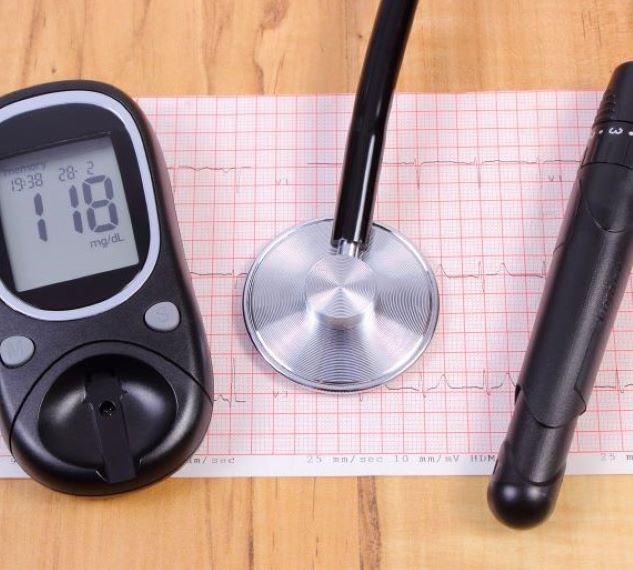Diabetes is a minor

Quick links to our articles related to the topic:
INSULIN AND ITS EFFECTS, SYMPTOMS OF ITS LACK - or why is it important to pay attention to diabetes?
If we eat foods rich in carbohydrates (e.g. bread, pasta, potatoes, fruits), they are broken down into sugars with the help of digestive enzymes and absorbed into the bloodstream through the small intestine. Insulin is a hormone that is secreted by the so-called islets of Langerhans, located scattered in the pancreas. produced by beta cells. Insulin reaches all the body's cells through the bloodstream and helps the absorption and utilization of sugar (glucose) in the blood. Insulin is a "key" that opens the way for sugar (glucose) to enter the cells, which provides energy for their functioning. In type 1 diabetes, this certain "key" is missing, so glucose, which is essential for the functioning of the cells, cannot enter, so it accumulates in the blood and the blood sugar level reaches an abnormally high value.
As a consequence of this:
- Our body cannot use the glucose in the blood, so it tries to get energy from somewhere else. It breaks down fat stores and muscle tissue, which leads to weight loss.
- The cells do not get enough energy, which leads to fatigue.
- High blood sugar is not conducive to wound healing and can lead to blurred vision when it accumulates in the eye.
- Excess glucose is excreted through the kidneys in the urine. Along with glucose, a large amount of water also leaves the body, which leads to thirst and frequent drinking.
- High sugar concentration predisposes to infections in the urinary tract and genitals, which can cause frequent and painful urination and itching of the genitals.
However, these complaints can disappear with proper treatment!
Warning signs
If you have diabetes and experience the following symptoms, seek medical help immediately:
- loss of appetite
- vomiting, nausea
- high body temperature
- stomach pain
- breath with a characteristic smell - similar to acetone nail polish remover, often not perceived by the patient, but only by the environment
Read more about diabetes by clicking on the individual topics!
If you have any questions, book an appointment and contact our diabetologists:
